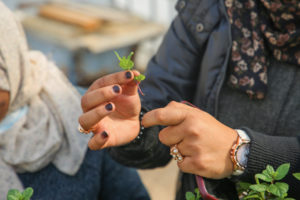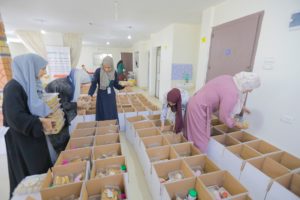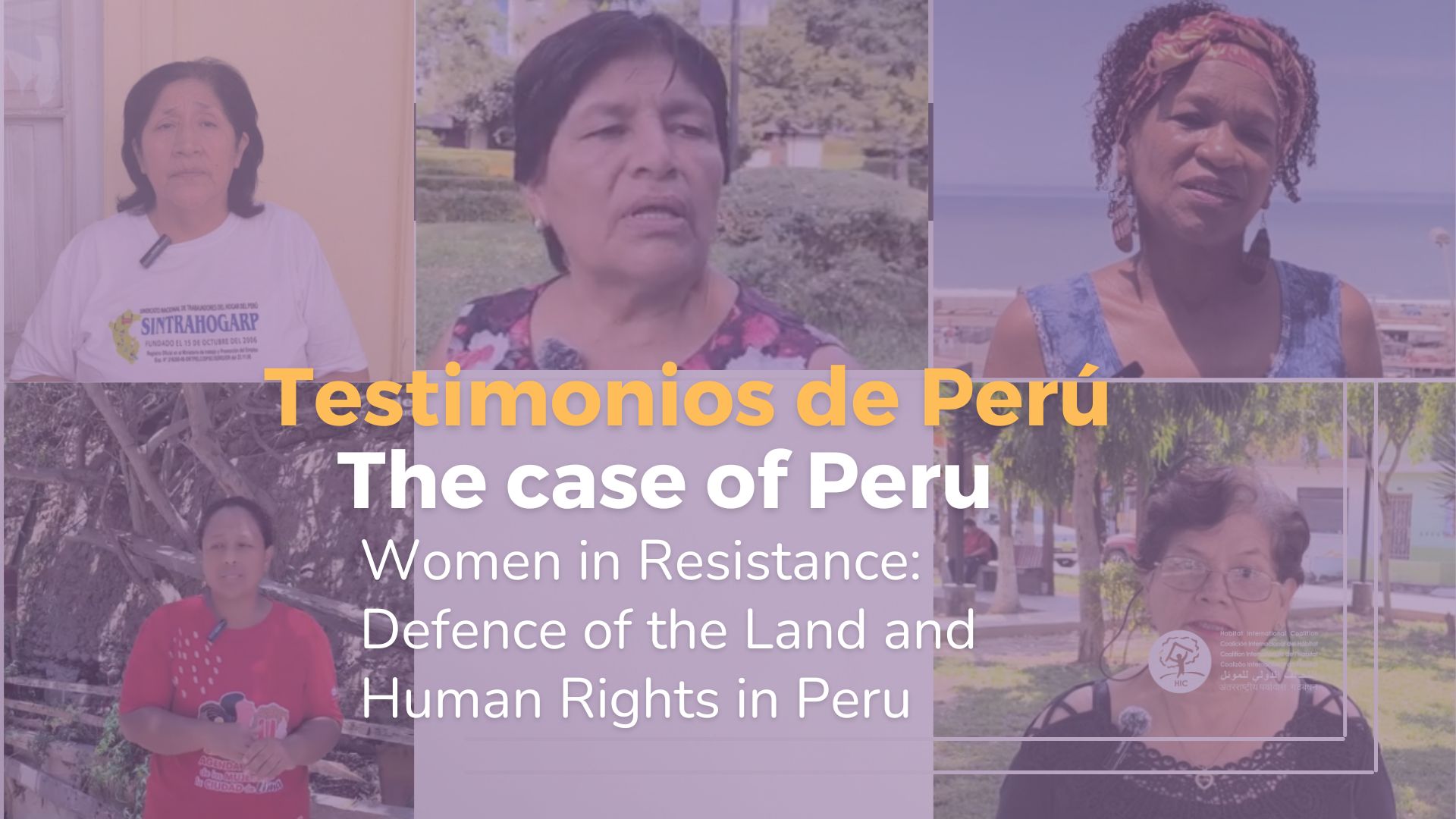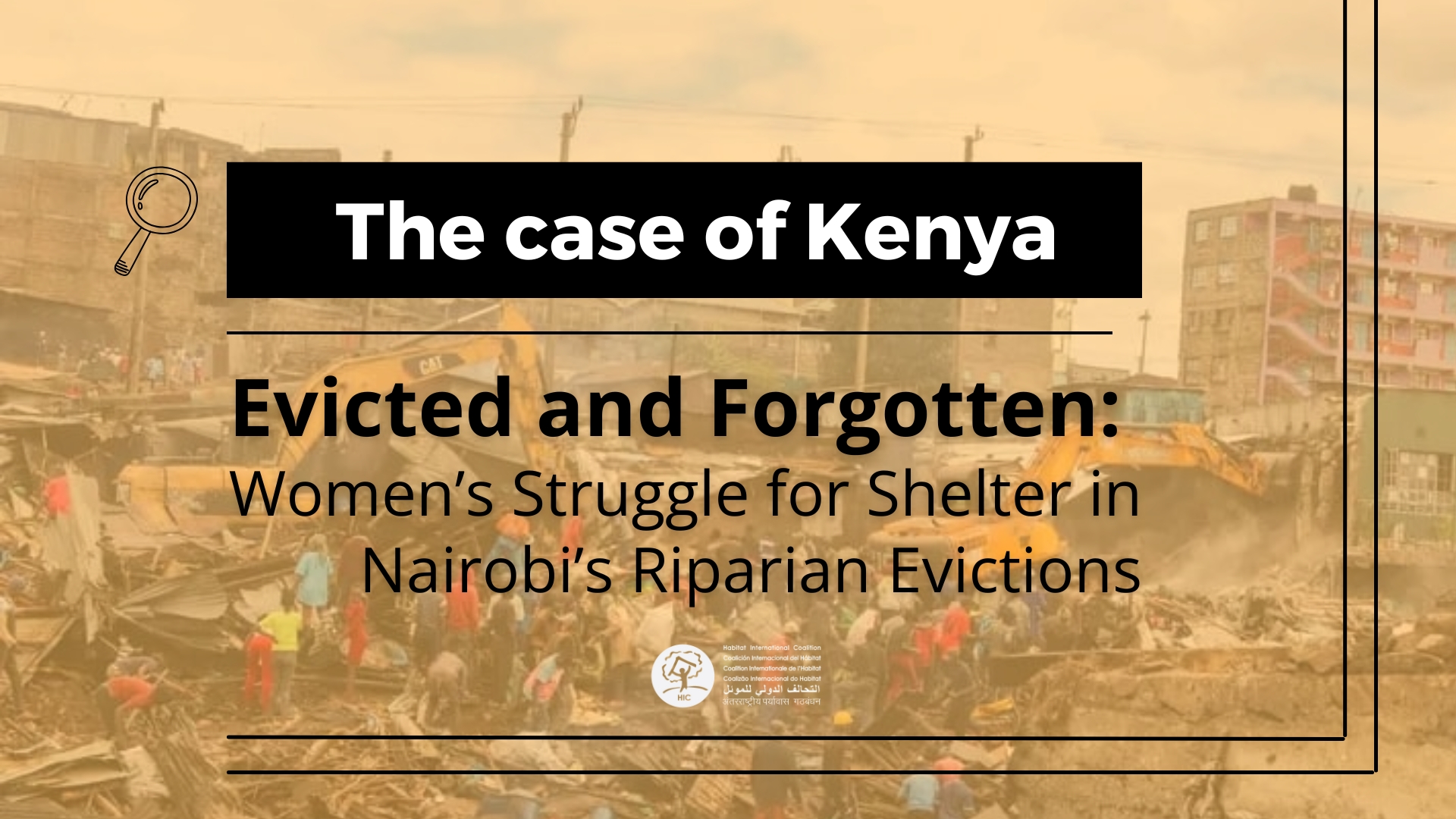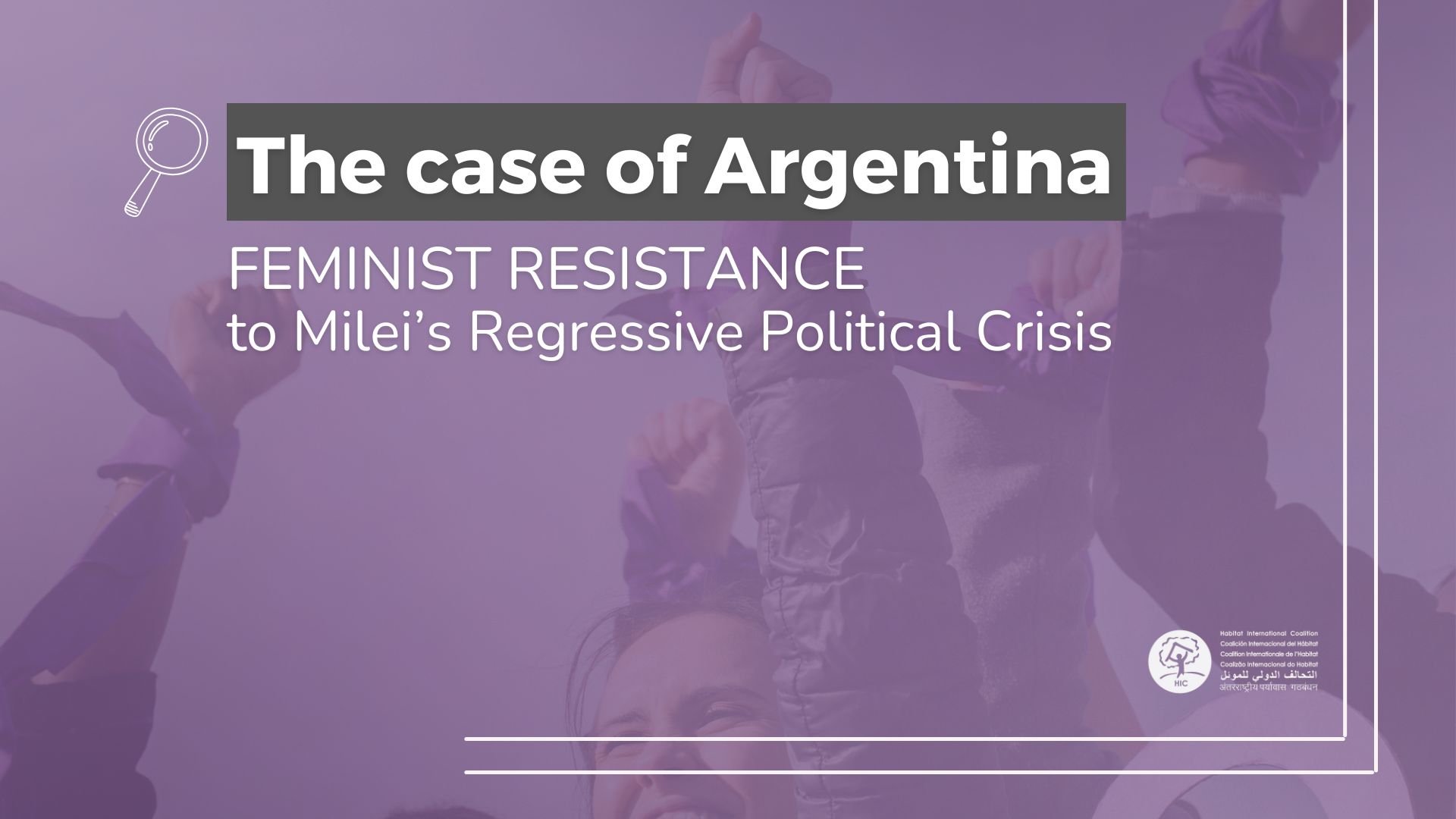The Gaza Urban and Peri-Urban Agriculture Platform (GUPAP) stands as a powerful example of a community-led initiative that merges care, habitat, and spatial justice. By fostering urban agriculture in the Gaza Strip, GUPAP works to enhance food security, economic empowerment, and social resilience, particularly for women and youth.
Women Leading the Fight for Food Security
At its core, GUPAP creates safe and productive spaces in urban areas, equipping women and young people with agricultural training and professional opportunities. Through its commitment to spatial justice, it not only supports local food systems but also strengthens social and solidarity economies, helping small and medium-sized agricultural enterprises thrive.
Beyond its direct impact on food production, GUPAP plays a key role in shaping local policies that promote sustainable urban agriculture. By advocating for a supportive legislative environment, the platform integrates care and social justice into urban planning—aligning with feminist principles of equality and empowerment for marginalized communities.
Resilience in Action: The Family Agricultural Consultation Initiative
Amidst the devastation of war and the absence of an official agricultural extension system, GUPAP launched the Family Agricultural Consultation Initiative, a groundbreaking response to sustain food production under crisis conditions. This initiative provided:
-
Peer-to-peer consultations: Women entrepreneurs exchanged knowledge and experiences, strengthening collective resilience.
-
Remote technical guidance: Agricultural experts offered advisory services through virtual channels, overcoming wartime restrictions.
-
Winter planting strategies: With famine and shrinking arable land, women entrepreneurs recommended high-nutrient crops, adapting to climate change and disrupted growing cycles.
-
Local seed preservation: Facing a shortage of native seeds, they turned to Gaza’s local seed bank, ensuring continued agricultural production through its seed lending services.
GUPAP’s efforts demonstrate how community-led solutions can drive resilience, sustainability, and justice even in the face of crisis. By centering care and social justice, initiatives like these not only protect livelihoods but also reaffirm the right to food, land, and dignity.
Images copyright: Gaza Urban and Peri-Urban Agriculture Platform (GUPAP) Facebook Profile
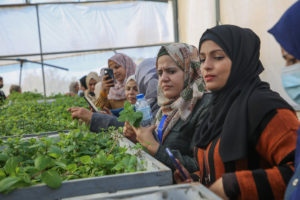 This March, HIC amplifies the voices of its Members worldwide, shedding light on political challenges, human rights violations, and the inspiring resistance led by grassroots movements. As part of this initiative, we highlight struggles from across the globe, where communities organize and fight for justice despite systemic oppression. In this context, we could not overlook Palestine, where resistance and the fight for liberation are deeply intertwined with the broader global struggle for human rights. The resilience of Palestinian communities, particularly women agripreneurs in Gaza, exemplifies the strength of local organizing in the face of ongoing injustice.
This March, HIC amplifies the voices of its Members worldwide, shedding light on political challenges, human rights violations, and the inspiring resistance led by grassroots movements. As part of this initiative, we highlight struggles from across the globe, where communities organize and fight for justice despite systemic oppression. In this context, we could not overlook Palestine, where resistance and the fight for liberation are deeply intertwined with the broader global struggle for human rights. The resilience of Palestinian communities, particularly women agripreneurs in Gaza, exemplifies the strength of local organizing in the face of ongoing injustice.
